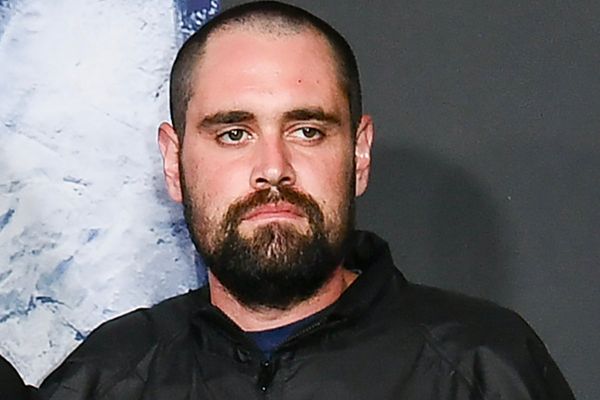
Doctor Who is perceived to be in the doldrums. Ratings are dwindling and the show has started to feel outclassed by sci-fi contemporaries such as WandaVision or The Mandalorian. It’s a far cry from being the BBC’s jewel in the family drama crown – as it was in 2009, when BBC One’s Christmas idents were all based around David Tennant hitching his Tardis to some flying reindeer. But, for its 60th anniversary next year, the acclaimed screenwriter Russell T Davies is returning as showrunner – and, hopefully, revive the fortunes of the series he once turned into a roaring success. This is what he needs to do to reinvigorate the show.
Double-down on fun and adventure
Leave the grim and gritty reboots of beloved characters to the DC movies, and get back to the programme’s adventure roots. It was originally a show featuring action with Doctor Who, not about the character. We don’t need to know that the Doctor is weighed down with the angst of having lived for centuries – we just need to know that something, somewhere is wrong, and needs putting right, that the Doctor and their friends are in danger, and that they are going to get out of it by using brains rather than brawn.
Decide that less is more
The BBC’s budget for Doctor Who is minuscule compared with the amount that Amazon, Disney+, Netflix, et al, can throw at episodes of their sci-fi and fantasy shows. Rather than trying to compete, week by week, the show could ditch the traditional series format, and focus on making two or three movie-length specials each year. That would provide the scope to expand the production budget, while providing extra opportunities for publicity throughout the year.
Set it (mostly) in the past
Any sci-fi franchise can do a multiverse or imagined future dystopias. But the Tardis gives Doctor Who the perhaps unique opportunity to take the viewer into the past to meet key historical figures and witness pivotal moments of history – with added alien menace. But why not take that further? Pick up a companion from the 1990s or 1930s or 1880s and set a series mostly in that time period, exploring modern issues through the attitudes of the past. Think Ashes to Ashes, but with monsters.
Ditch the Tardis for a while
Alternatively, why not force a huge story structure change on to the writers? Jon Pertwee’s Doctor was exiled to Earth – mostly for BBC budgetary reasons – but one twist on the format that hasn’t been done on TV – over an extended period of time – is a Doctor seeking a lost Tardis. The hunt for the time machine would become the MacGuffin of the week, and we would get to see a Doctor hitchhiking their way through the galaxy on a continuous quest.
A ‘Doctor of the week’ every week
What if there was no one new Doctor? With a quick narrative device to produce an unstable regeneration, you could have a new high-profile Doctor every week. Suddenly it’s possible to hire Hugh Grant, Judi Dench or Riz Ahmed at the Tardis controls, when you only need to persuade them to do a few weeks’ filming – rather than a three-series commitment. Plus, you get all the publicity of the reveal of a new Doctor, over and over again.
Aim it unashamedly at 12-year-olds
The curse of a long-lived fantasy franchise is that you end up with grown-up fans demanding increasingly grown-up stories, forgetting that they fell in love with the idea of the show as a child. Russell T Davies could build the fanbase for the next 60 years, with an earlier timeslot, and casting a young Doctor with teenage companions to run riot in space. Shows such as the Sarah Jane Adventures, Creeped Out and MI High have shown that the BBC can produce adventure programmes for older children, with enough nods to movie pastiches, the wider world, and moral lessons to raise a smile from adults, and provide that broader family appeal.
Do anything you want – you’re Russell T Davies!
Davies once described Doctor Who as “the hardest show to write on television”, but pitched the revival of it to the BBC in the early 000s as simply being about friends having adventures in space. Whatever form it takes in 2023, we can expect a surprise. He told the Radio Times in February that he has already been writing, and that “there are things coming up that are brand new ways of telling the stories that have never been done before, so it just feels new … It’s a self-renewing show.”
Doctor Who: Legend of the Sea Devils, starring Jodie Whittaker, airs on BBC One at 7.10pm on Easter Sunday. Russell T Davies’s first episode as showrunner is anticipated to be for Doctor Who’s 60th anniversary in November 2023.







